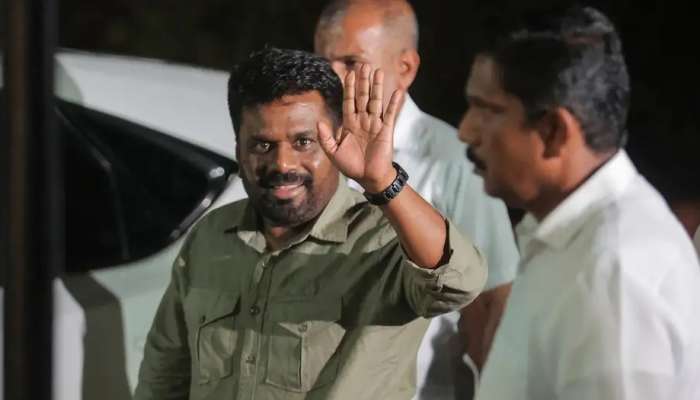
Colombo: Sri Lanka's newly elected president, Anura Kumara Dissanayake, dissolved parliament on Tuesday and announced the date for a general election.
According to a government gazette notification, the parliamentary elections will be held on November 14 and the next parliament will convene on November 21.
The decision was expected as Dissanayake had promised during his election campaign that he would form a new government.
Following Dissanayake's swearing-in ceremony, Prime Minister Dinesh Gunawardena resigned, clearing the way for Dissanayake to appoint a new prime minister and a cabinet.
Dissanayake's coalition group, the National People's Party, holds only three seats in the 225-member parliament. A fresh mandate could help him secure his position there as he continues to enjoy the public's support post-win.
The presidential election and Dissanayake's victory were seen as a referendum on the reform policies pushed by the outgoing government to stabilize the economy after Sri Lanka's 2022 economic crisis.
Sri Lanka gets a woman prime minister after decades
The dissolution of parliament came hours after Dissanayake swore in a female lawmaker as the new interim prime minister, making her the first woman to lead a Sri Lankan government in 24 years.
Harini Amarasuriya, 54, a university lecturer and activist, comes from a similar background to Dissanayake. She is also a member of Dissanyake's Marxist-leaning coalition party.
The last woman to serve as prime minister in Sri Lanka was Sirimavo Bandaranaike. She was also the world's first female to become a prime minister when she took up the post in 1960 and served three separate terms, from 1960 to 1965, from 1970 to 1977, and then finally from 1994 to 2000, when she stepped down citing health reasons before dying two months later.